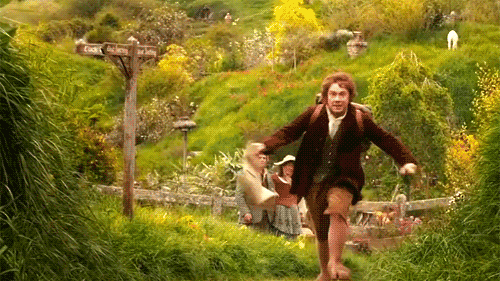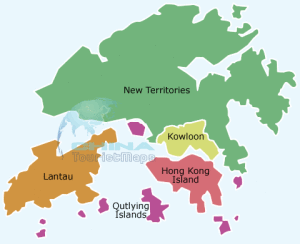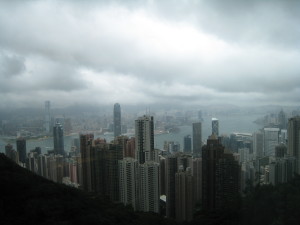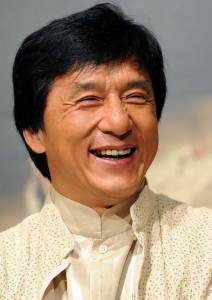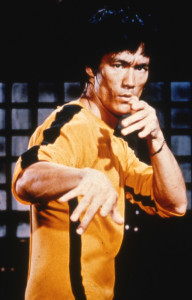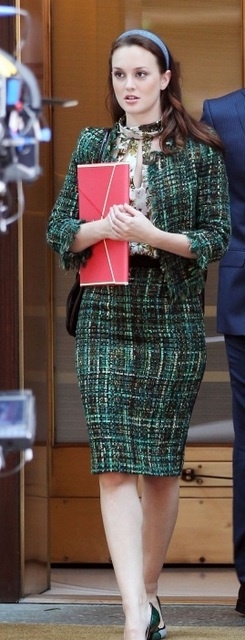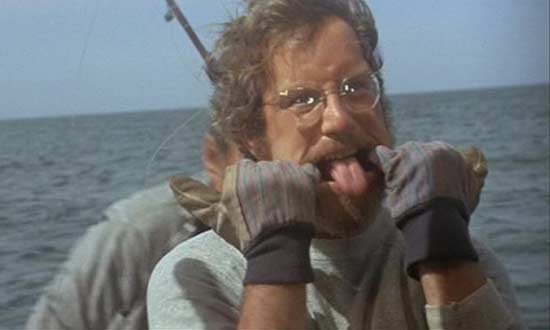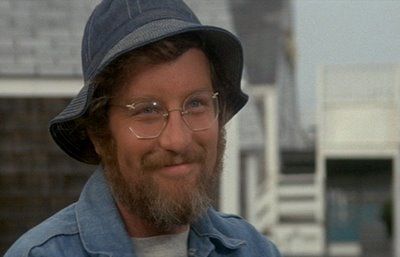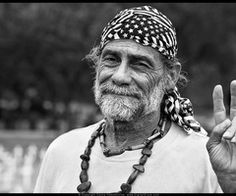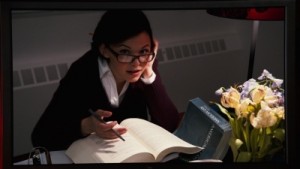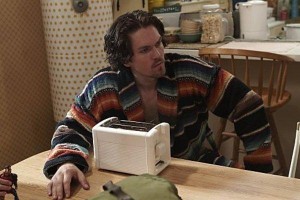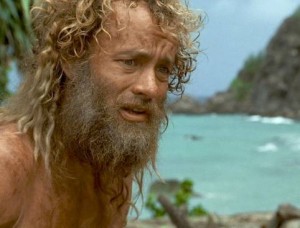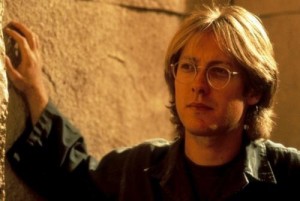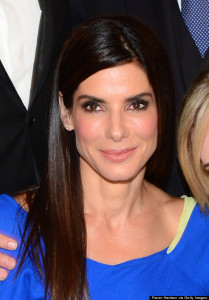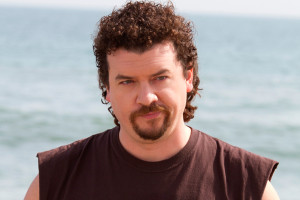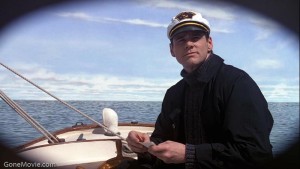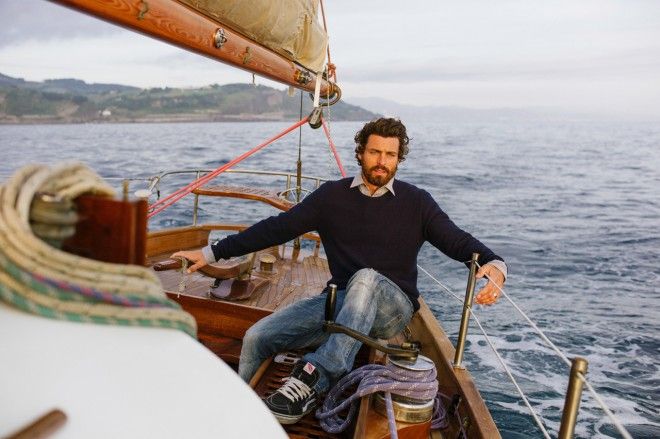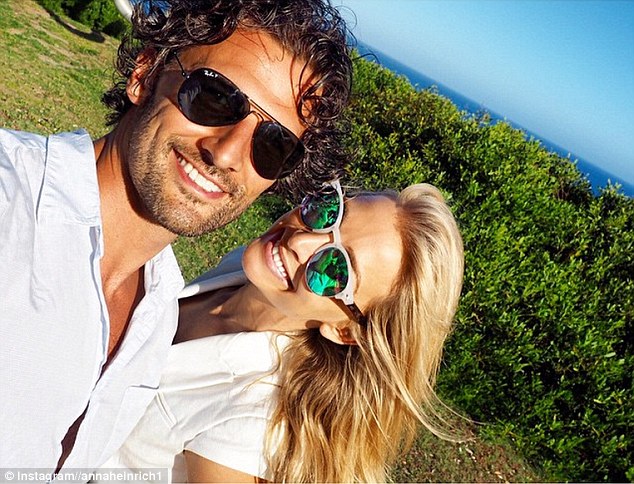Hippolyte’s Island is a novel built upon character analysis. Our lead spends most of the book speaking introspectively, to himself, inside his own head. Out on the open sea, the silence and the ambient sounds of Earth’s biology is enough to make a person think critically. Without distraction, one’s inner-most thoughts manifest as temporal voices. I will analyze two of the book’s major characters. Every story with characters involves a journey of ends. Every major character in a work of fiction changes, for better or for worse. No one leaves without some form of growth of regression. Some even move forward and then backward, perfectly in tune with emotional highs and lows, retrograde to how they truly feel or unleashing their hidden self. Let us begin.
Hippolyte is naturally one of the book’s most developed and complex characters. His arcs are as curved as his one-track mind, and he goes through multiple transitions, many of them subtle, for he is the kind of person to rarely showcase directly in such a way that one could easily diverge his beginning self and his end self. By juxtaposing the two in the most detailed way I can, I hope you will see how he transforms over the course of the journey. When we first meet Hippolyte, he is an utter destitute. Lavished in rot and abundance, he lives quite discontent with where he is in life. The source of his anguish is his passion for travel and the concordant lack of travel his lifestyle allows, being that he most often has zero funds to play with. He has a completely self-centered view of the world. It’s always about him. Others are, not fully, but in part tools to get what he needs. It always comes back to him, which many of us can relate to in a quite basic sense; but not to the extent by which Hippolyte’s mind is set. An example that forms an image of this characteristic well is how he treats Jeremy at the start. He is not happy or thrilled to have engaged in a dialogue with his long-lost friend, only writing to him in the hopes of receiving financial backing for his fancies. It’s only later, after the calm ensues and the sea takes hold of his mind, that he remembers his friend and how much he misses him–as much as Hippolyte can “miss” a person at this point in the story, mind you. The reason for Hippolyte’s selfishness is most likely multi-dimensional. I’m going to assume for my part that his selfishness comes solely from his passion. He’s so invested into the idea of travel that he isn’t thinking about anything else. He’s not intentionally being rude and it’s not that he doesn’t care about Jeremy. It’s just his mind moves in a very linear and non-disparate path. He has a goal and the goal is all he thinks about. Once he’s out at sea, as I stated before, his goal is still unmet; but it’s closer than it was back in his apartment. His mind takes time to relax and only then does he remember Jeremy and the melancholic feelings their departure inspired. As the story progresses, Hippolyte gradually becomes more humanized. We see him as a completely emotionless–in terms of human interaction–and analytical individual, focused only on the academics and the boyish wonder of brutish open sea travel. The sea, though I mention it quite a lot, is essential to this transformation. Note that I use transformation very loosely here. Hippolyte isn’t so much changing as he is letting his true self show, if only for this ephemeral strand in time. His guard is down; his mind is quiet relative to its usual jangle: he’s able to show us his heart. That is why we may grow to, at the very least, understand and appreciate him as a person. That, while he may have numerous flaws, he’s always coming from a place he thinks is good. It’s that Kantian idea of intention, and I like to think his intentions are very good. When he finally meets Marie, his true transformation, used in the most direct and textbook of terms, begins. Her constant questions and skepticism force him to perform at higher standards. She lets him know that the burden of proof falls upon his shoulders, not hers. If he wishes she believe his tale, then he must follow her standards and hers alone. Luckily, her standards are quite good, depending upon empirical observation and primary sources. Even still, her method isn’t perfect. It’s too static, but we will get to her later. This constant barrage of discourse between the two of them results in changes in both. For Hippolyte’s sake, his change is dramatic in that he understands the importance of evidence and competent application of science-based principles. By the end of the book, he is planning another trip to utterly prove or disprove the existence of the Auroras; and, before doing so, expels on a wild historical goose-chase in order to find the proof Marie would find incalculably useful, given the types of evidence provided by Hippolyte in past interactions. Without her, he finds decent and solid evidence and sets up a second trip. This is clearly a change. His second major change details that of interpersonal means. Relationships, platonic or intimate, were unimportant. They would never end well and could never end well. By the end, Hippolyte finds someone that he wants to be with. He wishes to take this old philosophy and change it, just for her. That is how one knows that they’re in love, when they’re willing to change beliefs and viewpoints just for the sake of accommodating in some basic way another person. It’s a struggle, but the effort is clear and it must result in a strong bond between him and his love interest Marie. This also happens with Jeremy. When they finally meet in person again, it’s just like old times. Hippolyte makes sure to promise that he’ll keep in touch with Jeremy, something the old Hippolyte would never remember or bother to do. It’s another clear distinction between two completely different people: Hippolyte 1 and Hippolyte 2.
Jeremy, at first glance, can seem like the least-developed character in the entire book. He’s not in as many scenes; he doesn’t have as many lines; and he doesn’t “do” as much for the book as Marie and Hippolyte do. So, what is his purpose? And, from a writer’s point of view, is he a “bad” character. In classical writing theory, a “bad” character is said to be any character with little depth. Depth is another traditional term that encompasses numerous characteristics. This is going to be hard to explain, so let’s break it down.
Here are some aspects of depth:
Dimension – There are three dimensions of character. A one dimensional-character is just that: one-dimensional. They’re flat, uninteresting and are only there to serve the story. These can be seen as faucets for exposition dumps and just pools of information that are there to enrich the world but do nothing to develop the character. If a character has three-dimensions, then they are complex, like a human. They feel alive and vibrant. They actually have “character.” They have feelings, doubts, likes, dislikes, and most importantly motivations. If a character has no motivation, or even worse, a under-developed one, that destroys a character. All human beings have motivations, or reasons for doing things; without them, then we’ve stepped into the uncanny valley, where the figures look human but do only that: look like them.
Layers – Similar to dimension but more specific. All humans have complex layers of thought. There are very rarely singular reasons for doing something. There are often multiple conflicting reasons, each filled with doubt, apprehension and a tension on one’s moral processes. Each decision challenges a person’s sense of right and wrong, and these challenges take the form of strikes that should be visible on a character, either physically or internally through monologues.
There is more to depth, but in layman’s terms, a character is supposed to feel just like a real human. The closer you get to that, the better the character you’ve created. For all intents and purposes, it would seem to most that Hodgson messed up. Jeremy is a underwhelming character. This is the illusion. It may be just me, but I feel that Jeremy is intentionally left vague as a character; and the more you look into it, the more developed he becomes. It definitely takes work on behalf of the reader, but I believe it’s worth it once the spinning is over.
Jeremy is an extension of Hippolyte. Whatever characteristics one has, the other has the opposite. This can only go so far, however, as there must be some stomping ground where they meet and have a sort of sameness. This homogeneous positions is what lets them work off each other and relate to each other as much as they do. Jeremy overlooks all of Hippolyte’s shortcomings and vice-versa. They’re each other’s guardians in many ways. We can see Jeremy as the end-point of what Hippolyte may become. At the “end” of his transformation, Hippolyte may become more like Jeremy. Jeremy is a much deeper character than we may give him credit for, because he’s the entire reason this story is even being told. He’s the well-adjusted form of Hippolyte.


